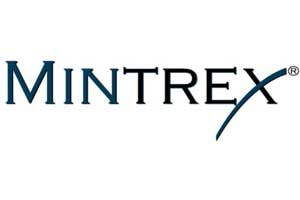Improved immune response leads to healthier animals

A recent university study of early lactation dairy cows revealed that cows fed Mintrex chelated trace minerals, from Novus International, were able to generate an elevated antibody response to a pathogen, which better enabled them to fight infection.
The trial was conducted at the University of Delaware with the objective to compare performance, plasma and milk mineral levels, and to measure innate and adaptive immune function in early lactation cows fed copper (Cu), manganese (Mn) and zinc (Zn) by either inorganic trace minerals or Mintrex chelated trace minerals.
Twenty-five Holstein cows were assigned to two groups, based on calving date, to a 12-week randomized complete block design study. The first group had greater days in milk (DIM; 77 DIM at start of study) than the second group (32 DIM at start of study). Cows were randomly assigned to one of two dietary treatments: supplementation of Cu, Mn and Zn through inorganic trace minerals or Mintrex chelated trace minerals. A rabies vaccination, administered at week 8, was used as a model vaccination to allow for exposure to a novel antigen and elicit a primary vaccine response.
Cows supplemented with Mintrex showed a more robust antibody response to the model vaccination. They also showed numerically increased neutrophil phagocytosis, which means the animals’ white blood cells were better able to ingest bacterial pathogens. Additionally, increased levels of copper were seen in milk concentrations of cows fed Mintrex, demonstrating a higher bioavailability than inorganic minerals.
“Trace minerals have traditionally been fed as inorganic compounds such as sulfate salts,” commented Dr. Geoff Zanton, Global Dairy Research Manager, at Novus. “Organic forms of Cu, Mn and Zn, as is found in Mintrex chelated trace minerals, increase intestinal absorption and mineral bioavailability. This study affirms that cows fed Mintrex are healthier and better able to perform optimally.”
The study was published in the August edition of Journal of Dairy Science, (95:8 p. 4568-4577).







